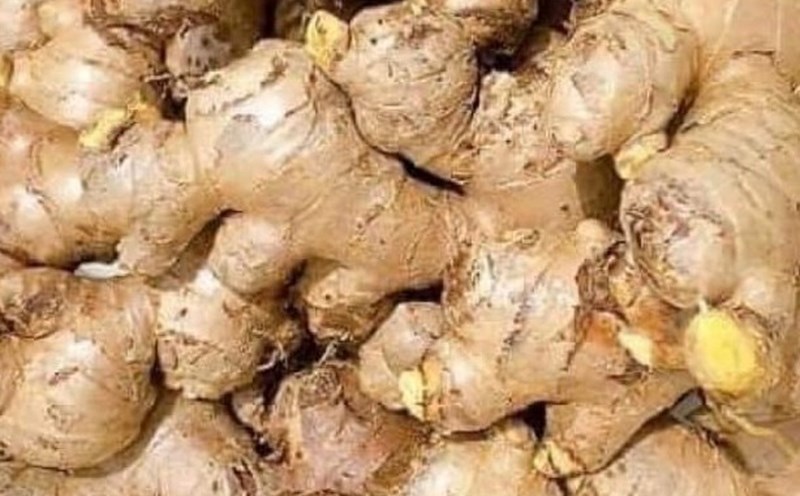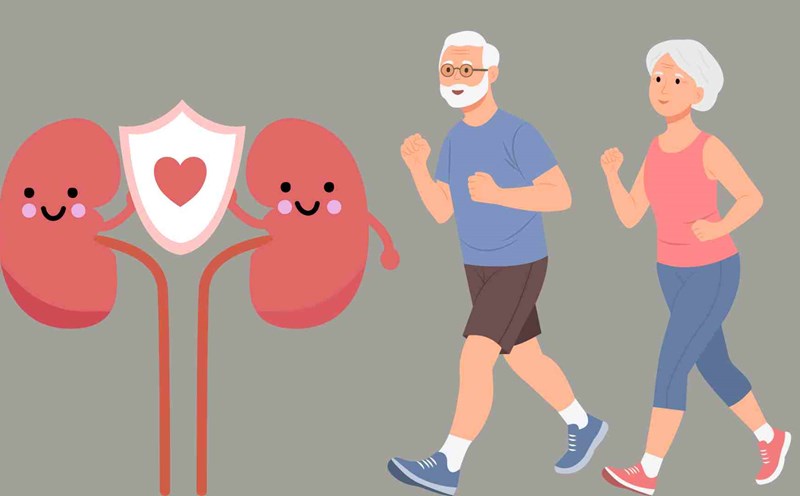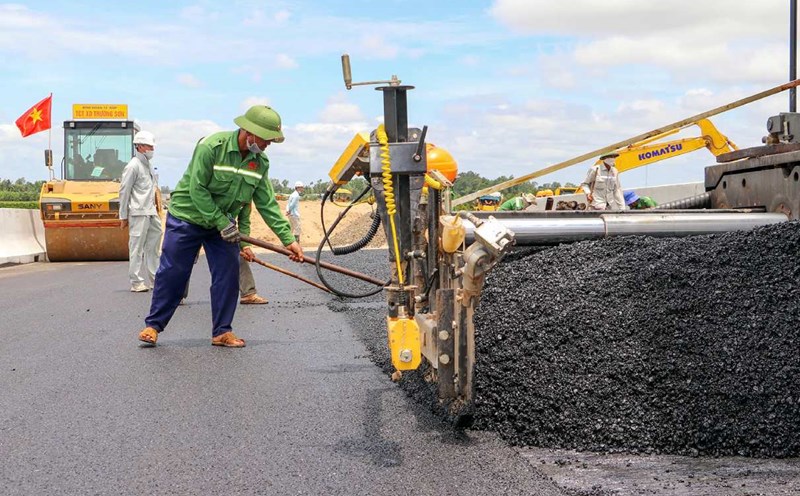Cabbage: A safe choice for people with reduced kidney function because the potassium content is much lower than other dark green leafy vegetables.
Cabbage is rich in vitamin C, vitamin K and antioxidants that help reduce inflammation in the body. The National Kidney Foundation 2023 report noted that low-calorie vegetables such as cabbage and cauliflower should be prioritized in the menu of people with kidney disease to reduce filter pressure and support blood pressure control.
The best way to prepare it is to boil or lightly stir-fry with olive oil, without seasoning.
Apple: Contains a lot of pectin soluble fiber, which helps control blood fat and blood sugar, factors that directly affect the kidneys.
Eating apples regularly is associated with a lower risk of chronic kidney disease thanks to its antioxidant and anti-inflammatory properties.
Dr. Aisling McMahon, Research Director of Kidney Research UK, emphasizes: Living potassium-free fruits like apples can become an ideal snack, contributing to protecting kidney function.
You should eat the skin after washing to maximize the nutrients.
Salmon: High-quality tan is essential for people with weak kidneys, but choosing a safe tan is important.
Salmon provides omega-3 fatty acids, which help reduce inflammation, support blood circulation and limit micro-lession in the kidneys.
Supplementing omega-3 from salmon or mackerel twice a week helps improve the renal plaque filtering index in people at high risk. When processing, steam, grill or pan with less oil, avoid frying until crispy with a lot of salt.
Egg whites: While egg whites are high in phosphorus, egg whites are rich in pure protein, low in fat and low in phosphorus, making them great for people with weak kidneys who need to limit this mineral.
You can boil or steam egg whites, served with rice or boiled cabbage for lunch.











